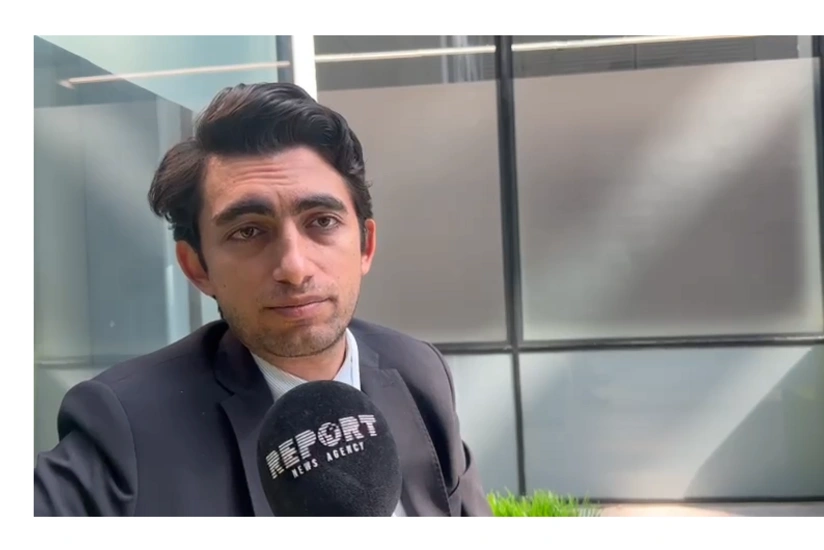Shahin Mahmudzada: Country's banking sector would quickly become less competitive if AI is severely restricted
- 04 September, 2025
- 14:10

Recent years have been marked by the intensive use of AI tools in Azerbaijan's banking system, Shahin Mahmudzada, general director of the Central Bank of Azerbaijan, told Report on the sidelines of the 8th forum of Astana Finance Days.
He said for this reason the Central Bank of Azerbaijan developed a digital transformation and SupTech roadmap "to define which elements we are ready to adopt and which ones we are not yet prepared to handle."
"The issue is not black and white. And it's not only up to the Central Bank of Azerbaijan - every regulator worldwide must decide how deeply to regulate and how much freedom to grant commercial banks," Mahmudzada said.
He noted that for commercial banks, AI brings clear opportunities.
"Globally, competitors are actively adopting AI and becoming more profitable, which means that banks that lag behind risk losing market share," Mahmudzada said.
He reminded that traditionally the private sector is already one step ahead of regulators: "Regulators must then catch up, identify risks, and decide whether to regulate, allow, or ban certain tools. However, I don't think AI will be banned or severely restricted; otherwise, a country's banking sector would quickly become less competitive compared to regional peers."
The CBA official noted that the approach to AI depends on several factors: the stage of national development, the maturity of the banking sector, human capital, and institutional capacity.
Regarding personal data, Mahmudzada noted that data today is a tradable asset.
"The processes of generating, storing, and managing data all carry costs, and many firms profit from them. AI tools inevitably intersect with personal data - the deeper AI penetrates, the greater the risks of breaches of confidentiality and security," he said.
He added that financial literacy plays a major role in society's preparedness to the responsible use of data.
"The higher the level of education in a society, the more responsibly individuals can decide whether to share or monetize their data. In countries with lower literacy, people may not fully understand what they are giving up or why. That"s why I don"t think there can be a single global standard. The use of personal data will largely depend on the nation"s financial literacy and institutional development. The more advanced a country is, the more its data will be leveraged by financial institutions and other stakeholders," he said.

 Russian Version
Russian Version